Colleen Hoover: An Epidemic in Popular Romance Books
All of Colleen Hoover’s books under the Young Adult section at Target
I first discovered Colleen Hoover two years ago while watching a TikTok recommending ‘romance books to make you sob.’ The recommendations were littered with tacky, unalluring covers, including multiple of Hoover’s. And yet, I found myself adding one of her books to my cart. I picked the least revolting cover of the lot—the tasteful looking Regretting You, a young adult romance that left me, not with tears, but aghast at the utter stupidity and nonsense of what I had just read.
After initially trending in the early 2010s, author Colleen Hoover has notably resurged as the “Queen of BookTok.” Her books attract readers of all ages—especially to the cult favorite It Ends With Us, following main character Lily Blossom Bloom, who, with her botanical name, happens to be a florist. Though a prolific writer in many genres, Hoover has made a name for herself with adult “romance” books. In 2022 alone, Hoover outsold the Bible by more than 3 million copies. However, even with all of the worshippers of her work, she has many critics, and I am proudly one of them.
To preface this: I am not trying to sit on my high horse and shame anyone who does read and enjoy Colleen Hoover books. Rather, I’m just giving my own insight on this recent phenomenon.
There are a plethora of things wrong with Hoover’s novels, but one of my minor concerns is her writing in regards to linguistics. Frankly, it belongs in the trash—not on the shelves. Though fast-paced and entertaining, the shallow metaphors and juvenile writing style are reminiscent of an unrefined fan-fiction written by a teenage girl. For example, in Reminders of Him, Hoover writes: “When our fingers touch, I feel something else trapped in my chest other than my voice. Maybe it’s a few extra heartbeats. Maybe it’s an erupting volcano.”
This has got to be the most pedestrian, trite quote ever printed. Not only that, her characters simply fall flat, lacking dimension and proper development throughout the story.
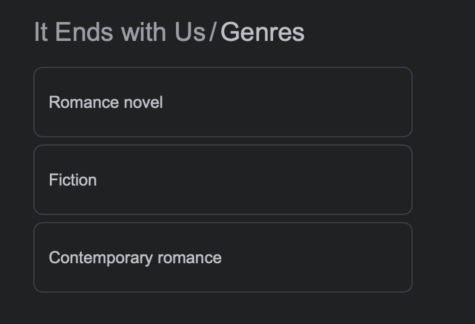
Her “romantic” plotlines are where things really fall apart. It Ends With Us, Hoover mentions, is personal to her and her mother’s experiences—a note I acknowledge and have factored into my assessment of the book. However, despite this book being classified as a “romance”, it is not; it is a story of domestic abuse. The ‘love triangle’ trope, a term tossed around occasionally by reviewers when referencing this book, hooks and deceives unexpecting readers. The trope alludes that even the abusive love interest is still an ‘option’ and perhaps ‘able to change’.
Although Hoover does explicitly depict the relationship in It Ends With Us as abusive and toxic, she fails to do so with the others she’s written about. Because, surprise, they’re also toxic.
Slammed follows a student-teacher relationship. Ugly Love features a budding romance between step-siblings Rachel and Miles. All relationships are then romanticized and portrayed as realistic, healthy, and loving, when they’re not. If that wasn’t enough, November 9’s love-interest, Ben, once said, “But if we’re just going to sit here and stare at each other, it’d be nice if she were showing a little cleavage, instead of wearing this long-sleeved shirt that leaves everything to the imagination. It’s pushing eighty degrees outside. She should be in something a lot less…convent-inspired.”
Hoover is trying to convince me this is romantic and aspirational…since there’s nothing like a side of misogyny to accompany our irresistible love interest. Just because the author doesn’t characterize the relationship as destructive doesn’t mean it isn’t. It Ends With Us protagonist Lily realizes she doesn’t deserve the abusive treatment she’d been receiving from antagonist Ryle, after excusing his behavior at first. While Lily comes to a point where she recognizes the manipulation in her relationship, many of Hoover’s other “romance” novels don’t offer the same—instead just sweeping it under the rug. Time and time again, Hoover proves to be adept at ‘cherry picking’ which relationships she deems abusive or toxic.
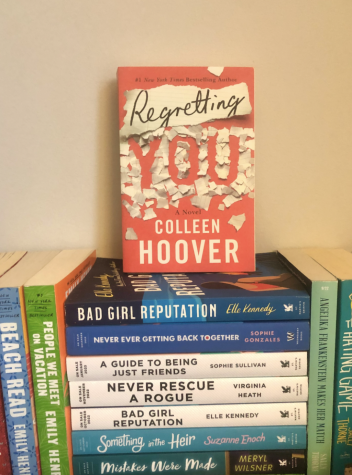
Despite the glorification and infatuation Colleen Hoover’s books receive from a majority teenage audience, it’s important to note that her illustration of “love” is not to be idealized. An impressionable reader who is unaware of Hoover’s deliberate representation of abuse or, conversely, romanticized toxicity, can internalize a stilted idea of love, allowing it to manifest in everyday interactions. A common argument is “it’s not that deep” or “just let people read what they want,” and here’s my response to that: if you enjoyed any of Hoover’s novels, then while you are consuming and enjoying the story, you are simultaneously absorbing its inherent messaging—good and bad. This can warp or influence your own mindset towards consent and healthy love whether conscious or not.
Depiction doesn’t always correspond to endorsement—as established with the clear abuse in It Ends with Us. But, depiction with zero recognition of toxic tendencies and instead, justification, does equal endorsement.
Yet, the blame doesn’t fall on just one person. Though it is Colleen Hoover manufacturing harmful literature, it is also the TikTok Gen-Z reviewers who (knowingly or not) feed an impressionable audience unhealthy notions of love.
Many readers find themselves consuming Hoover’s triggering content unintentionally, failing to have received a “trigger warning” from either the author or reviewers. Eliza L. ’25 attested to the importance of trigger warnings in literature, “[Trigger warnings] tell people if the book contains harmful/intense subjects. They’re really important for people who have past trauma around those subjects, because having to experience those things again without warning can cause panic attacks and other harmful responses.”

In a now archived page on her website, Colleen Hoover expressed her thoughts on trigger warnings: “As a fellow reader with my fair share of past experiences, I understand that there are issues some people do not want to read about. But as a writer, there are many things I don’t want revealed in the blurbs of my books.” Hoover’s aversion to trigger warnings allow susceptible readers to pick up her books unaware of the possibly disturbing and triggering content. One reader on Reddit after reading It Ends With Us, uninformed of the explicit domestic abuse, stated: “…I read It Ends with Us and was so absolutely overcome with PTSD from my own abusive relationship that I was shaking and throwing up while reading…I can’t believe there wasn’t a content warning???”
It then becomes the reviewer’s responsibility to stay conscious of and inform their audience of any distressing matters in Colleen Hoover’s books. Though readers and influencers are becoming more cognizant of the dangers of Hoover’s stories, criticism is usually snubbed by supporters of the author, meaning any discussion around her novels is necessary and important for spreading awareness. Toxic relationships and behavior should not be romanticized nor characterized as desirable and charming. It Ends with Colleen Hoover.

Mirella is a senior in her third year on Spyglass and first year as Social Media Manager. When she isn’t blazing through her articles, you can find her...








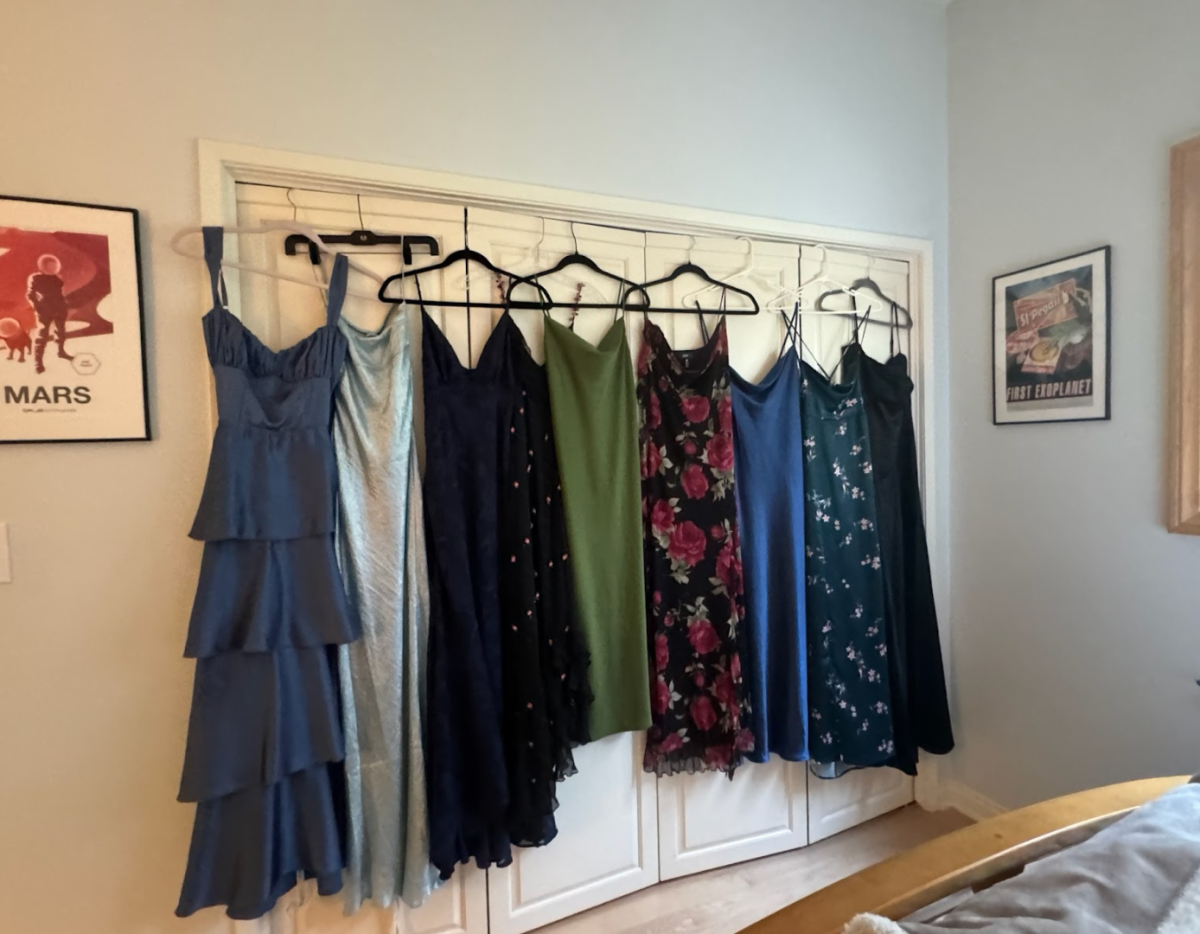








![Dr. Zanita Kelly, Director of Lower and Middle School, pictured above, and the rest of Westridge Administration were instrumental to providing Westridge faculty and staff the support they needed after the Eaton fire. "[Teachers] are part of the community," said Dr. Kelly. "Just like our families and students."](https://westridgespyglass.org/wp-content/uploads/2025/03/dr.-kellyyy-1-e1748143600809.png)








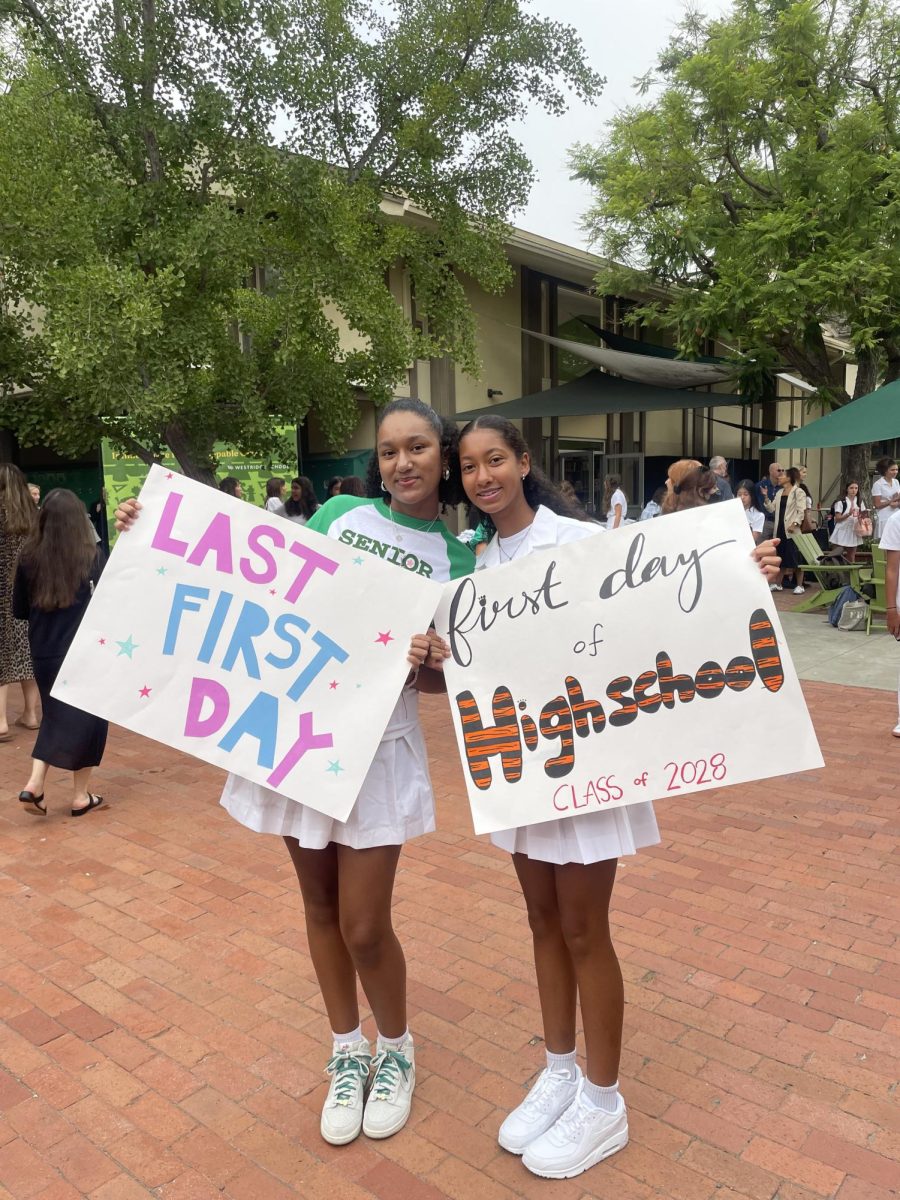













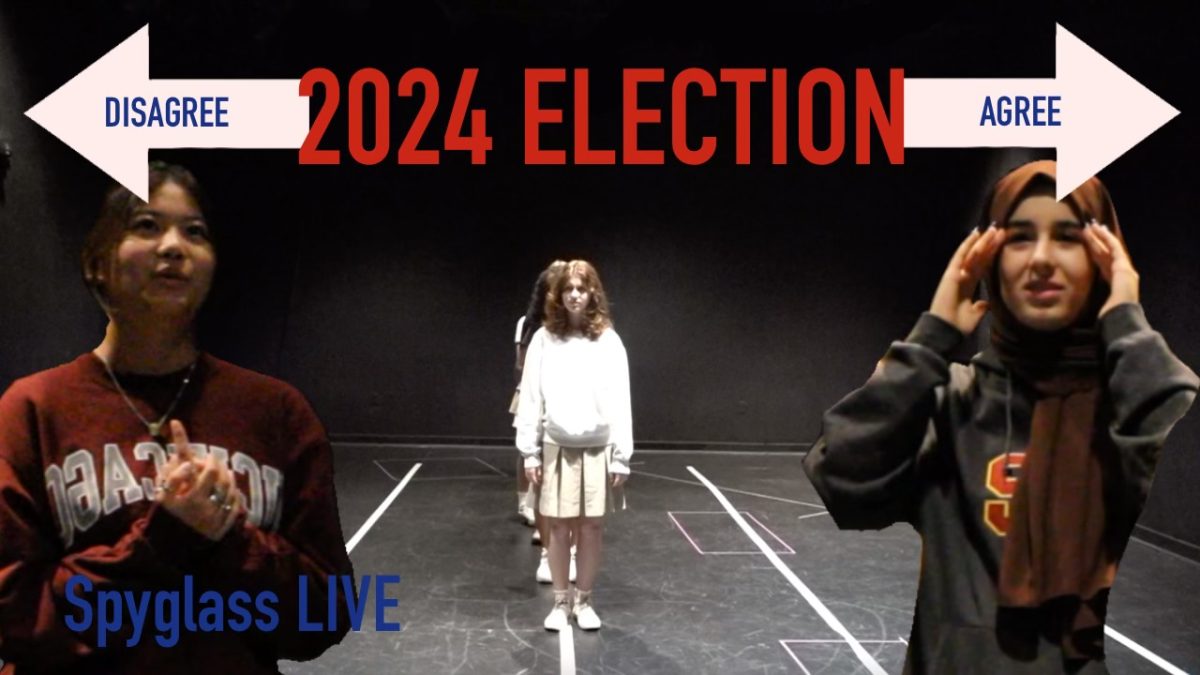




















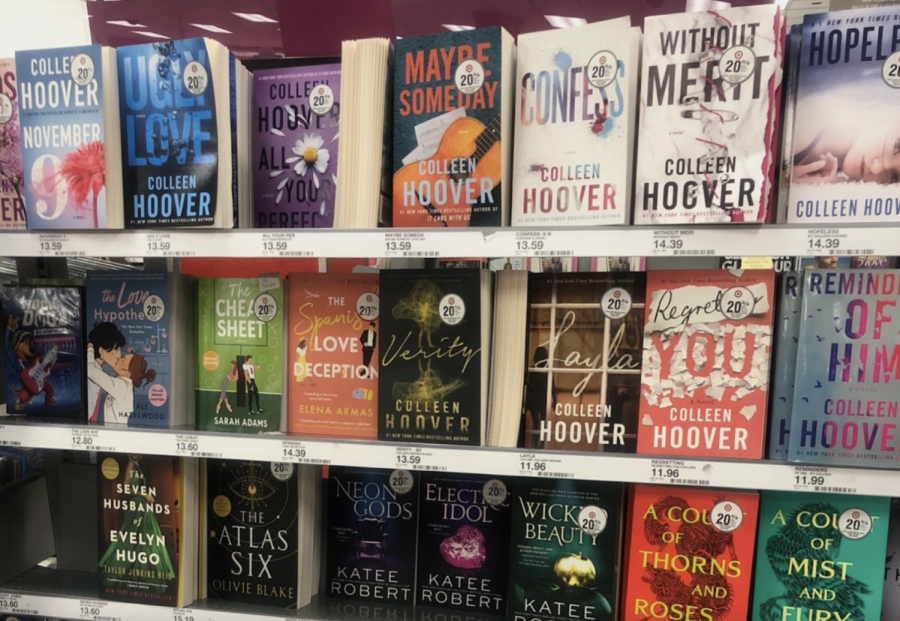

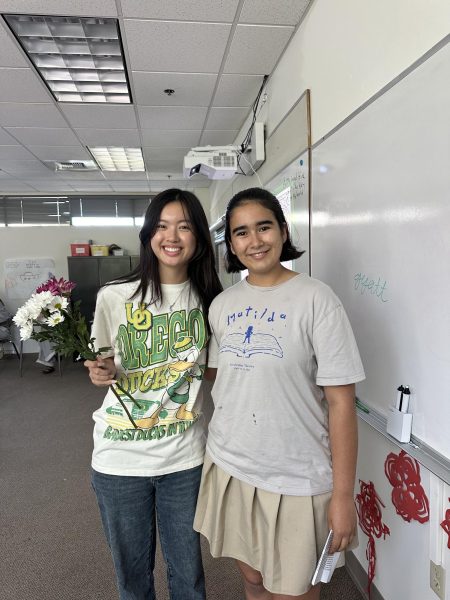

anonymous • Feb 6, 2023 at 9:41 am
This was such an insightful read! you slayed xoxo